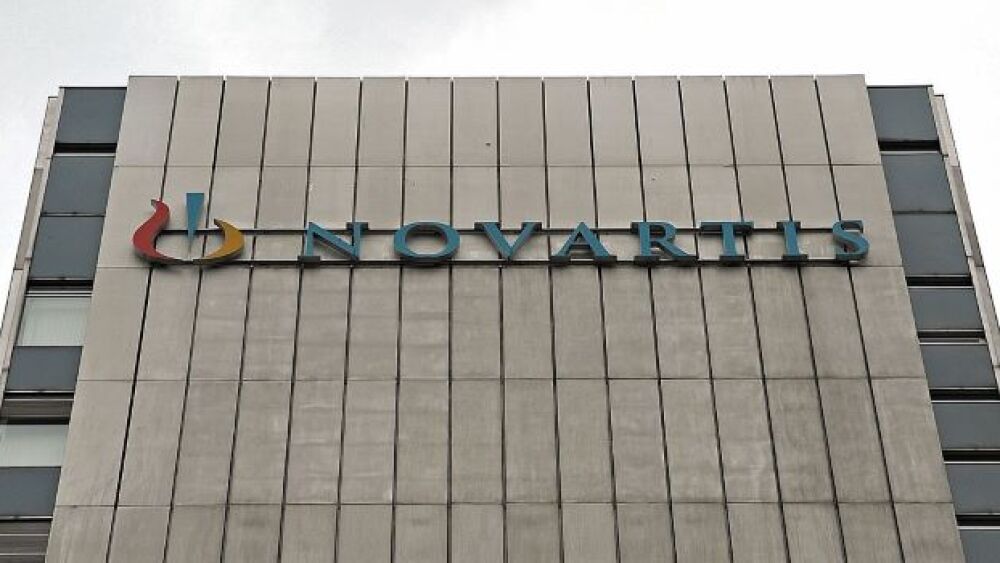Novartis is going full steam ahead with its cancer development efforts, recently posting positive results from two ongoing trials for lymphoma and leukemia.
Harold Cunningham/Getty Images
Novartis is going full steam ahead with its cancer development efforts, recently posting positive results from two ongoing trials for lymphoma and leukemia.
The Phase III ASCEMBL study of Scemblix (asciminib) on patients diagnosed with Philadelphia chromosome-positive chronic myeloid leukemia in the chronic phase showed that it was able to hold out longer before a follow up is needed compared to Bosulif (bosutinib).
Scemblix delivered a major molecular response (MMR) rate of 29.3% at 48 weeks versus 13% for those who received Bosulif. The findings at week 48 were consistent with a doubling of the drug’s efficacy at week 4, where it logged a 25% MMR against Bosulif’s 13%. In addition, patients experienced fewer adverse reactions in the Scemblix group at 7.1% versus 25%.
Scemblix is indicated for adult patients with Ph+ CML-CP who are pre-treated with at least two tyrosine kinase inhibitors (TKIs) and patients with Ph+ CML-CP with the T315I mutation. The first indication is already part of the U.S. Food and Drug Administration’s Accelerate Approval Program (based on its week 24 results). Novartis has already begun filing for regulatory approvals in multiple countries and regions.
The biopharmaceutical firm also announced that its candidate drug for relapsed or refractory follicular lymphoma (FL), Kymriah (tisagenlecleucel), showed strong efficacy during the follow-up around 17 months from the Phase II ELARA trial. Researchers found that the drug delivered high rates of durable responses in the majority of high-risk disease subgroups who, otherwise, would have a poor diagnosis. Endpoints of complete response rate (CRR), durability of response (DOR), and overall response rate (ORR) were all maintained during the follow up.
ELARA is a single-arm, multicenter, open-label study for r/r FL patients who have received two or more prior therapies. It was participated in by patients across 30 sites in 12 countries. Novartis already submitted applications for approval with EU and U.S. regulators in October. Once approved, the company will elevate its research to the real-world setting.
In other news, Novartis is said to be selling its generic drugs business, Sandoz. Although the company has not confirmed anything as of this writing, Novartis chief executive Vas Narasimhan reportedly told some media that several investment companies have already expressed their interest to buy.
The company first mentioned its intention to divest Sandoz in October, though it has the option to spin it off to shareholders or sell to another firm. Keeping it part of Novartis is also still on the table.
Speaking to reporters, Narashiman said that the company is still weighing its options and discussing the matter internally, adding that they hope to decide within a year.
Featured Jobs on BioSpace





